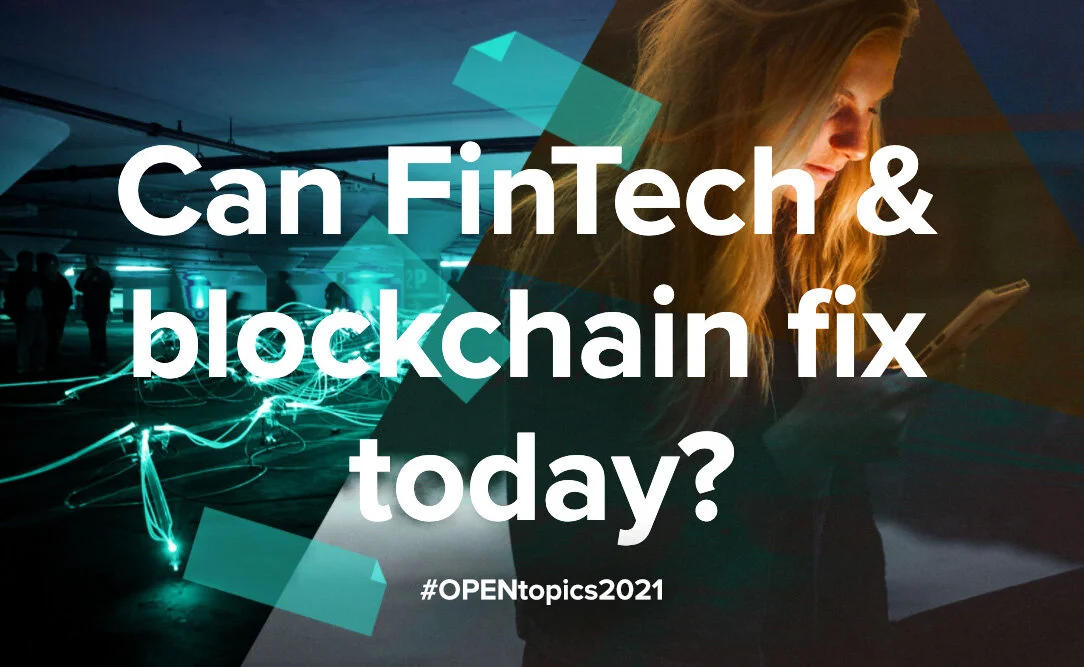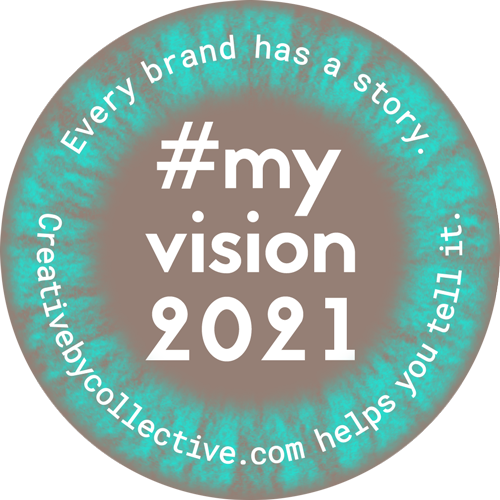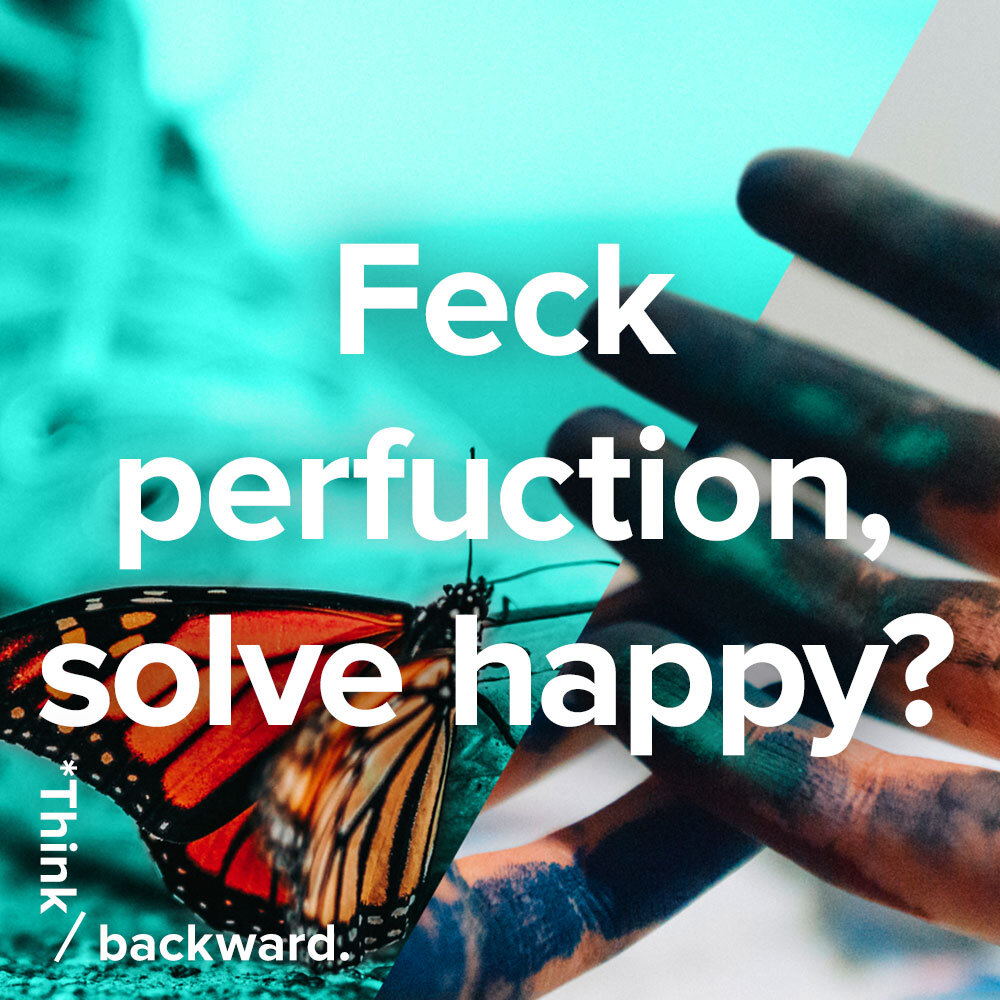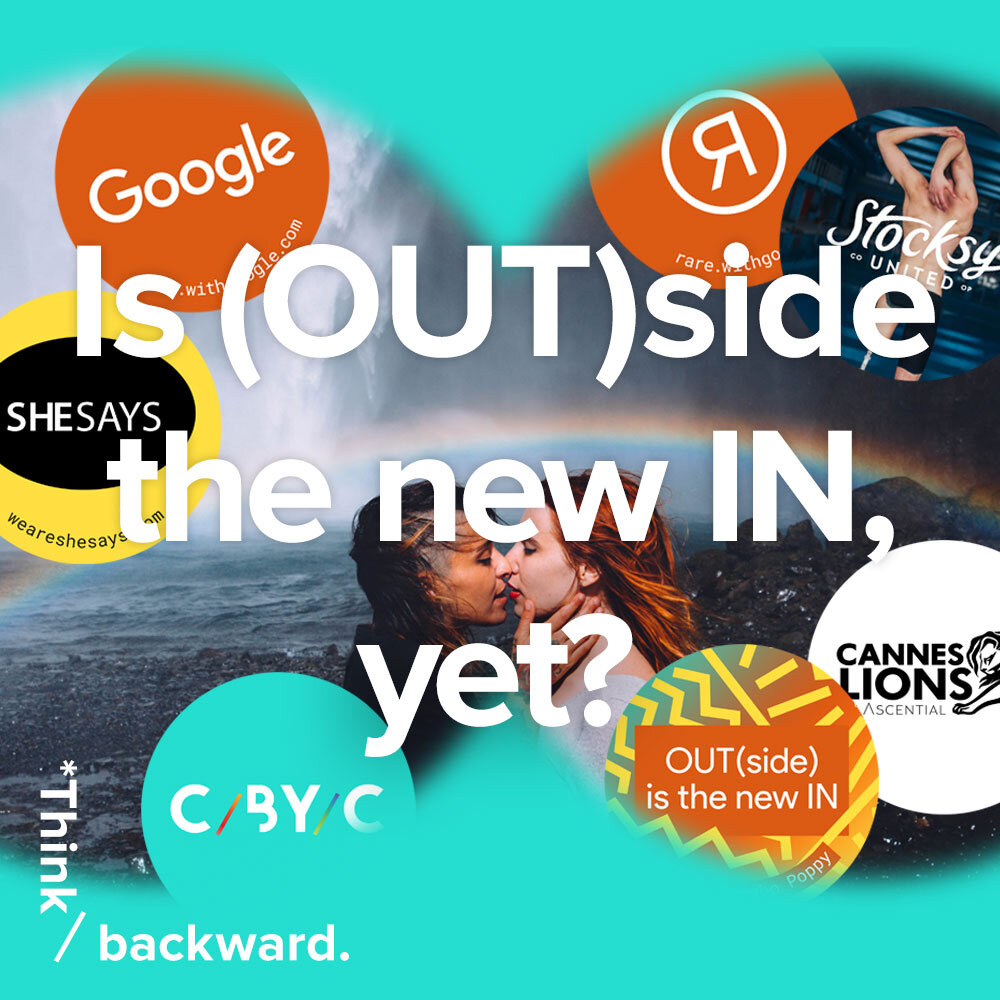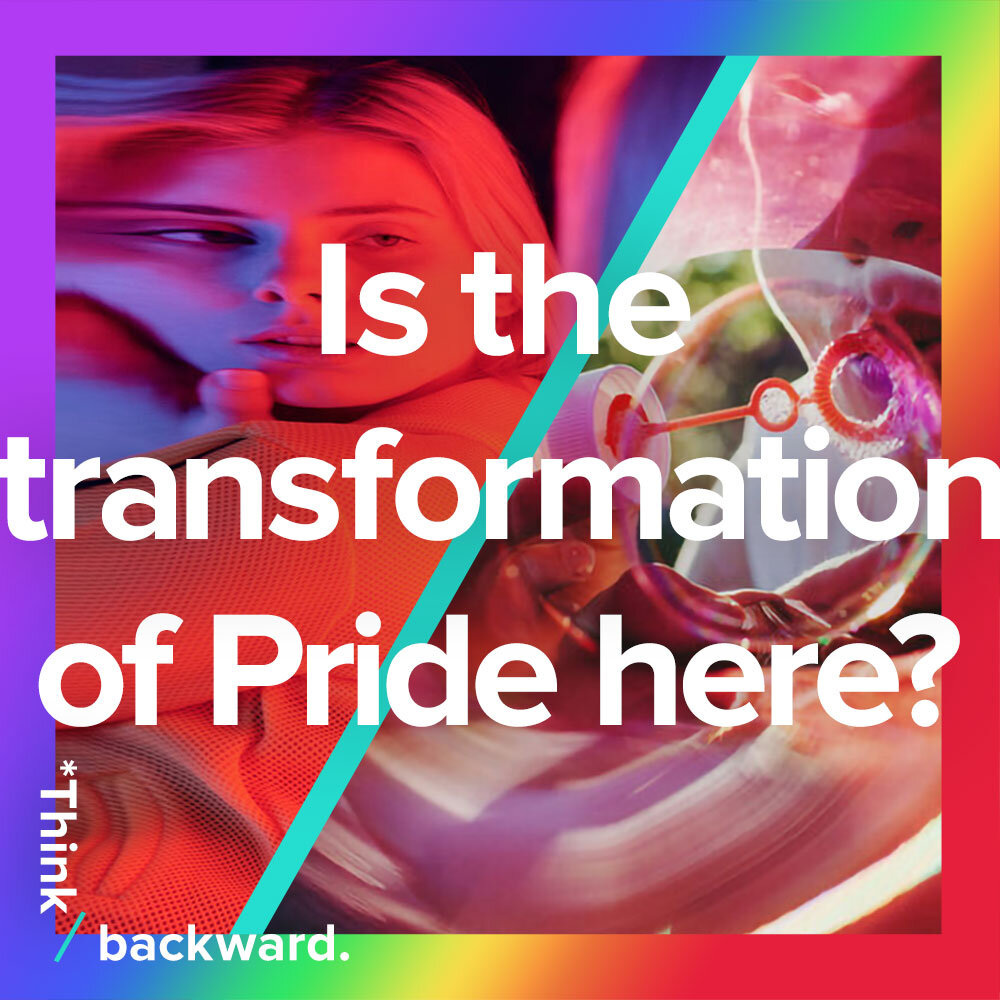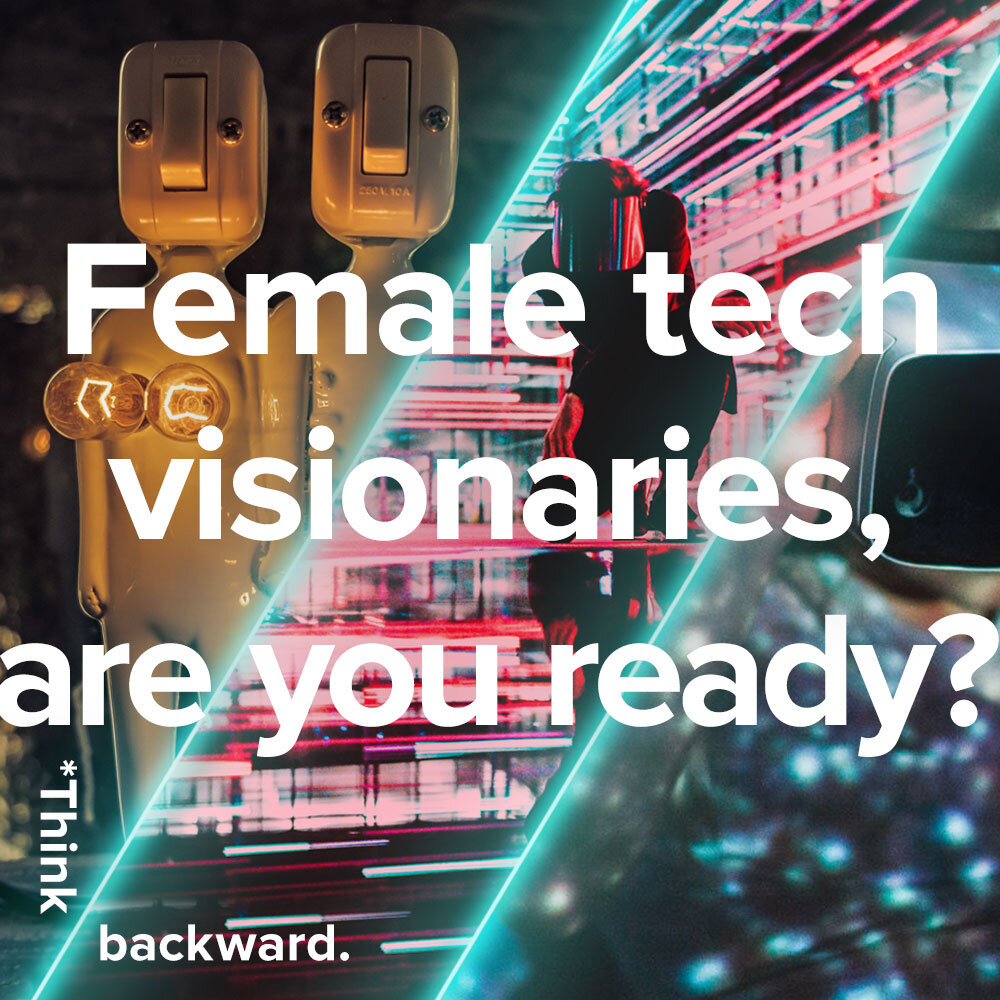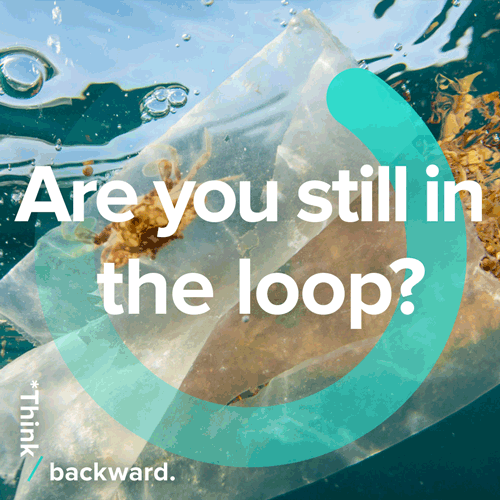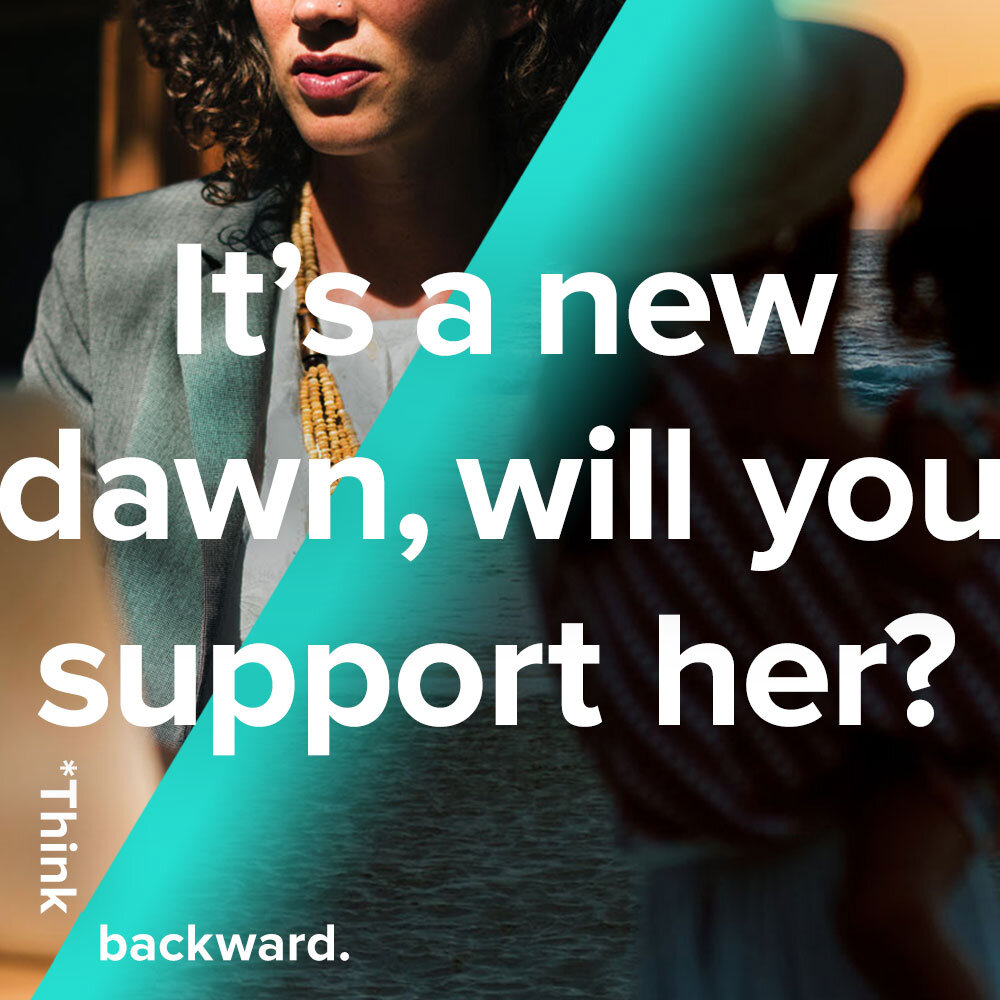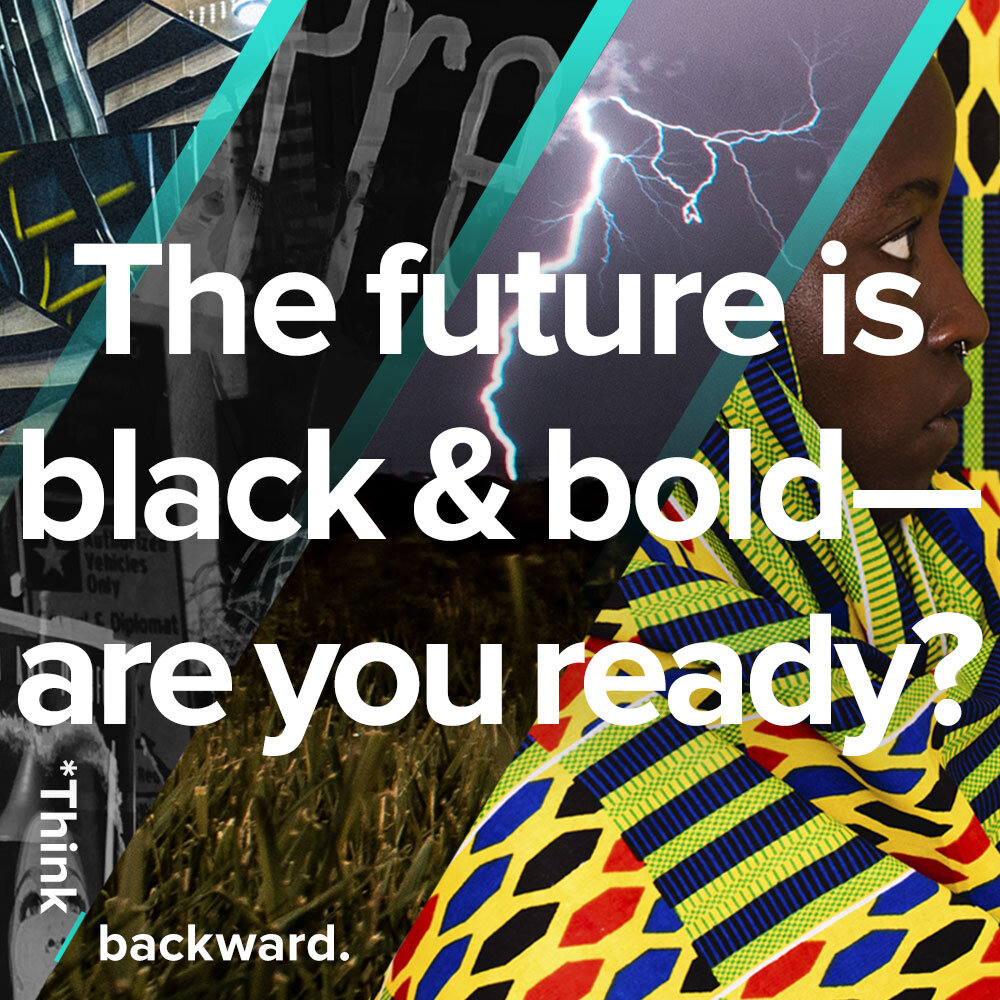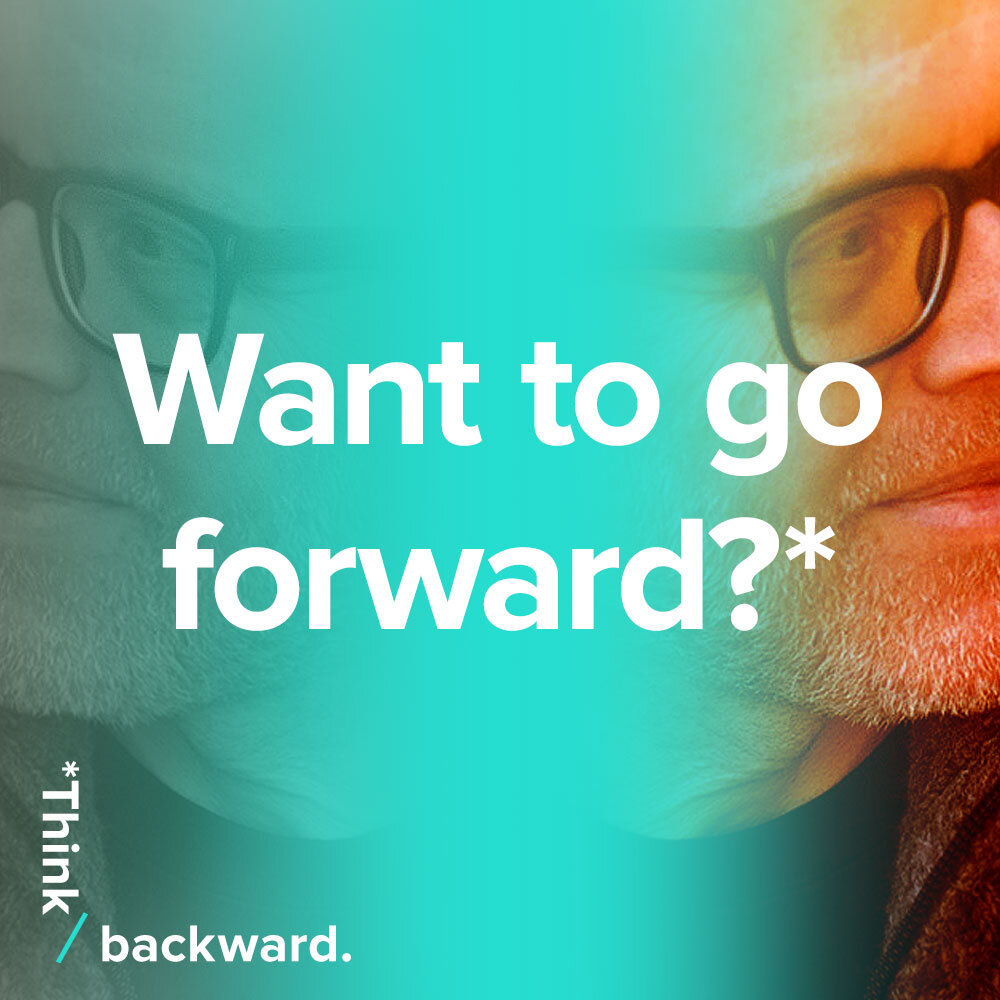“_________”
OPEN Topics on Fintech & Blockchain.
FinTech and blockchain may not be able to fix today, but both can empower people and contribute to a more equitable society. Meet Bradley Leimer, formerly with Santander Bank, and blockchain evangelist Cao Yin to envisage your role in the solution — this is your path forward in 2021.
/
Green Energy
So, you see, my interest is not only to help others develop a carbon credit platform based on blockchain, but also to help others really dream, to enable them to make their wider dreams come true.
— Cao Yin
Blockchain Evangelist, E-Citizen, Digital Nomad and Energy Blockchain Labs Founder
— Sunday night in Manhattan, the Creative by Collective NYC office entertained itself with Chinese food while waiting to interview Cao Yin, founding partner and chief strategy officer of Energy Blockchain Labs, a global company and IBM partner based in China that seeks to apply the embryonic distributed-ledger technology to the carbon credit system. While we were having dinner, it was daytime in Singapore, where Cao Yin had temporarily hung his hat. Monday morning to be exact. Had he just finished a breakfast of bacon, eggs and toast? Were our cultures meeting in the middle, borrowing the best of the other, to everyone’s benefit? Or is that too idealistic?
When you read on, you’ll discover that Cao Yin is, if nothing else, an idealist seeking a practical solution to one of the world’s biggest problems: climate change. His goal? To create green energy for virtually everyone—and profit for virtually no one. He knows how to get there, but the roadblocks are many in number, diverse in nature, and forbidding in strength. Forget the eggs. We hope he ate his Wheaties.
“Developing countries are not only facing problems linking to energy supplies, but companies delivering off-grid power systems are also confronted by entrenched interests and market structures. On the demand side, individuals looking to buy inexpensive energy cannot access the power due to high electricity prices. But poor people have a fundamental right to access electricity, especially green electricity.”
Financial Tech
Fintech is showing that you can take a look at revenue in different ways. Innovations decrease friction in banking and the industry’s reliance on fees, which comes with that. The Fintech ecosystem acts as a foil to excessive fees—a way to finally develop an alternative path.
— Bradley Leimer
Fintech Advisor, Investor, formerly Head of Innovation at Banco Santander
— A few weeks before Election Day, the air turned cool and crisp in Tennessee. The leaves hadn’t changed yet, but they were certainly discussing it. To celebrate the season, a local farmer cut a huge maze out of a cornfield up near the Kentucky border, in the shape of country-music singer Alan Jackson. We spent hours there, getting lost in the stalks, then, rescued, eating freshly made barbeque and listening to a bluegrass band. I had heard about Red-State America, and now I was finally living it, if only for a day. Just one thing: Everyone we met was really nice. Everyone was sane. What’s up with that?
The concept of charity sharply divides the U.S. electorate. Democrats favor government action to even things out; Republicans prefer to let “market forces” loose on the problem. In Nashville proper, it’s pretty clear from the considerable homelessness and pockets of poverty that the former is necessary. But in the wider world, it’s not the only answer. Driven by an underlying empathy for the consumer, the nascent Fintech industry is helping lift the unbanked and underbanked out of privation, challenging banks to do better while providing them with the solutions to do just that. I recently talked with Bradley Leimer, former Head of Innovation at Banco Santander and currently co-founder of Unconventional Ventures, a consulting team whose goal is to nurture great ideas in Fintech, especially ones that broaden financial opportunities—bringing banking to the masses, wherever they are, however little they’ve saved. His team is especially focused on solutions that can help consumers over 50—who, in the U.S., on average have saved less than $85,000 (€74,400, £66,275) by the time they retire.
The Unbanked World
Nearly 50% of the world’s unbanked population currently live in just seven countries.

